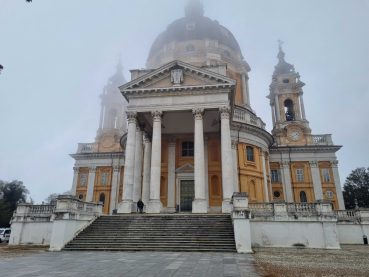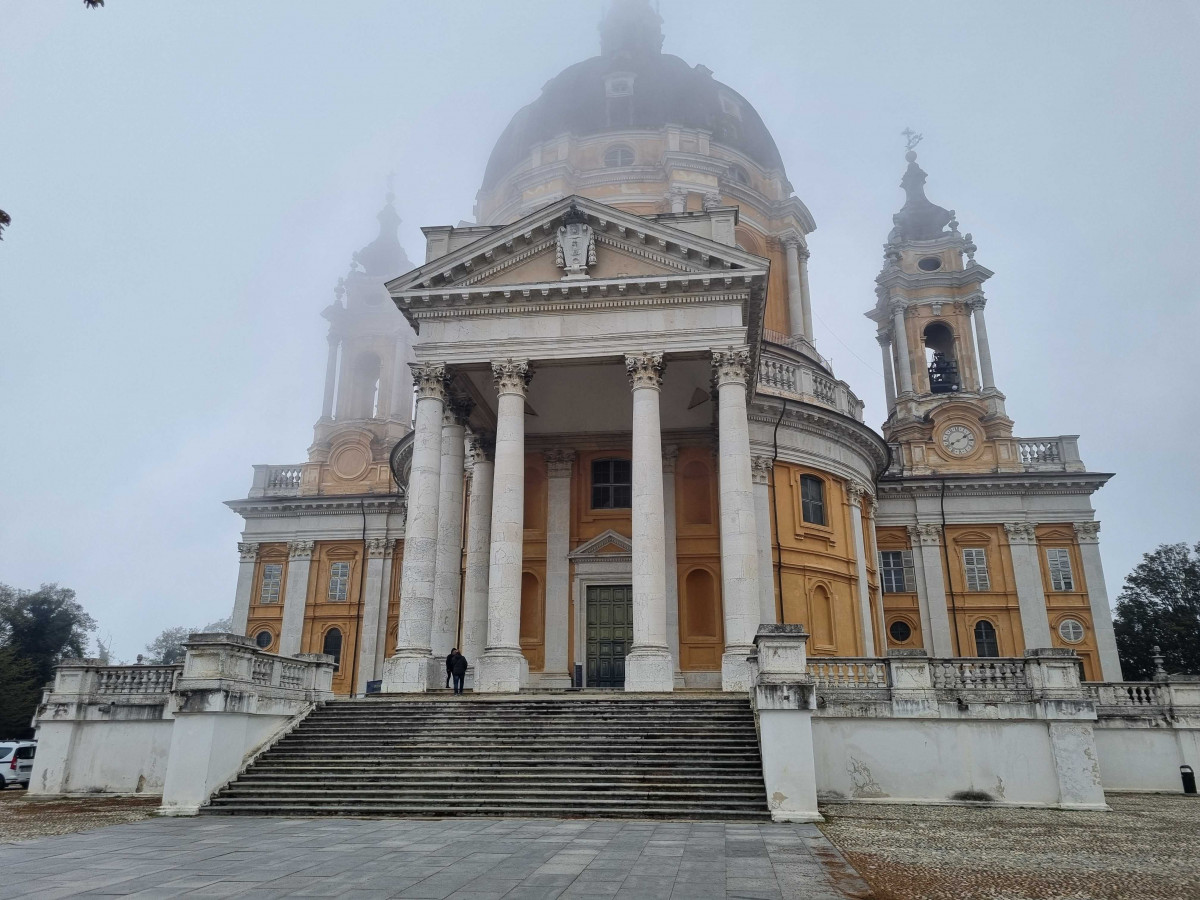Il sole sorge all’orizzonte e splende attraverso la nebbia. Sto guardando una nuova alba. If you’re not speaking Italian, I don’t expect you to understand that, so here’s the translation: The sun rises on the horizon and shines through the fog. I’m watching a new dawn.
A pretty lousy start to a blog, even if you ask me. No other comparisons made, it reminds me of the sloppy technique that Christopher Nolan used in his not-so-well-acclaimed Covid-19 release Tenet, where the audience was asked to accept the story rather than to understand it. A clear breach of trust as directors should never underestimate their audience. But bear with me!
Because after all, you might recognize a few words; and they all have something in common. Let me guide you through this loose tangle of Italian (word-) threads. The first suspect is the word sorge, from sorgere, which means to rise. The Risorgimento, the resurgence, was an emblematic and formative historical period of the Italian state where the peoples on the Apennine Peninsula finally were united under the umbrella of the Piedmontese-Sardinian kingdom. The first functioning administration was in place in 1861 and a rudimentary Italian parliamentary monarchy was governing the young country from the Piedmontese city of Turin, within commuting distance from the city of Alba, meaning dawn, at the center of Piedmont. Alba is most famous for its wines, most likely made from the Nebbiolo grapes that is the dominant variety in Piedemonte. The word nebbia, fog, is by the way the stem for the name of this grape variety. And for good reasons! Autumn dusks and dawns are more likely than not bringing fog over the scenic landscapes of the Susa Valley (where Turin is located) and its surroundings.

I know this, as I have experienced it first-hand since the beginning of September last year. At that point in time, I started a six-month research exchange at the Politecnico di Torino. When I look out my studio’s window over the roof ridges of the north part of the city center of Turin to the southeast (in the direction of Alba), I not only spot some of the memorials from the first Italian kingdom. I have namely had my fair share of nebbia to gaze through. And it’s not because I wake up every morning from drinking too much red wine.

The stay in Torino has been a fantastic experience for me in many ways; personally and professionally. First of all, I’ve been trusted to contribute to the research conducted at PoliTo on automotive permanent magnet synchronous machines (PMSMs) and their fault tolerance. This is one of the areas where the research team under Prof. Gianmario Pellegrino at PoliTo has contributed some significant results lately. So being involved in that research is both an honor as well as a good chance to pick some of the masters’ brains. It has also meant that I’ve had to temporarily change track from the variable phase-pole induction machine, which has been the main subject of study for me during my doctoral education at KTH. As I’m sure you have experienced, such changes of scenery tend to sharpen your senses. As a result, we soon came up with an idea of how to swiftly determine which initial conditions that ensure the permanent magnets to remain healthy and the shaft torque to stay within acceptable bounds during an active short-circuit of the PMSM. It means that the car safely can come to a halt, whereas the traction motor will function, even after a severe failure of some other subsystem in the car (which triggers the active short-circuit). As such, the method can serve as a foundation for car manufacturers in their development of so-called functional safety systems. We will present our results at the ICIT conference in Bristol in March, so stay tuned.

I cannot give enough credit to the people who helped me plan for the exchange, accommodated me at work once I arrived, and make my spare time in the city enjoyable. I will get back to you with some more news from the south of Europe before the end of my stay at the beginning of March.
Ci vediamo a dopo!


